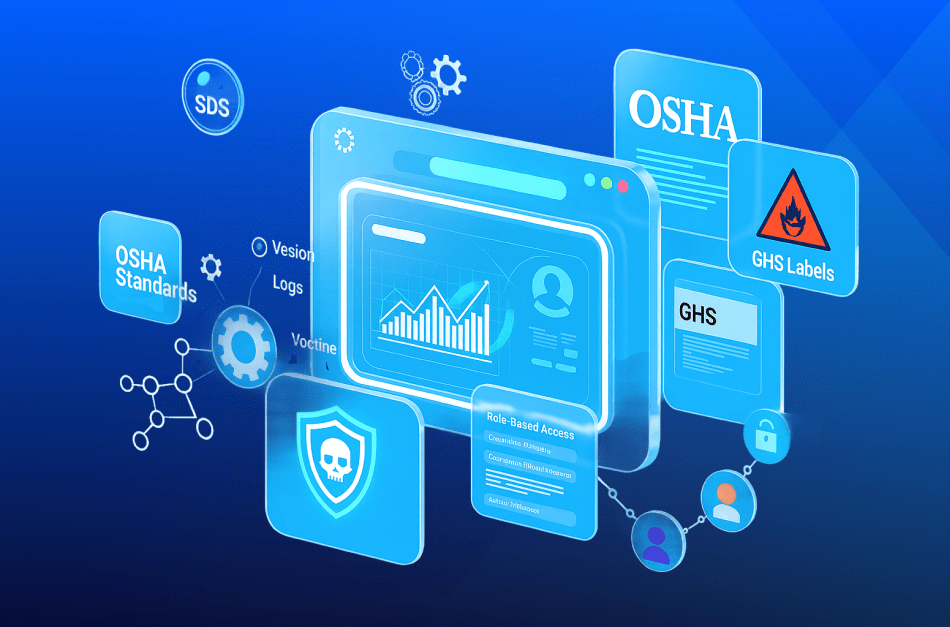Introduction
Innovation in business often means introducing something new. It’s common for companies to introduce new ways of looking at how they operate. They take a new and different view of their supply chain. They gather ideas from employees on ways to boost sales. Benefits of innovation include:
- Boosting productivity
- Reducing costs
- Being more competitive
- Boosting brand value
- Establishing new partners and business relationships
- Improving profitability
There are many ways to help companies grow. Using newer digital technology is one method.
Companies that fail to innovate, preferring to use methods that were successful 10 or 20 years ago, can quickly fall behind those seeking to enhance their business. Companies that fail to innovate can expect to:
- Lose market share
- Reduce productivity
- Become less efficient
- See key staff members leave
- Watch as margins and profits shrink
From a marketing perspective, the expression “building a better mousetrap” applies to them. This failure to innovate is not a good idea when your customers want medicines that will help them live longer, healthier, happier lives.
By the Numbers
Capital spending in the chemical industry is expected to increase in 2021 and 2022 after a sharp drop in 2020.
- -17.6%: 2020 chemical industry capital spending
- +11.9%: 2021 chemical industry spending is expected to reach $30.6 billion this year
- +3.7%: 2022’s estimated increased in chemical industry capital spending
Is your company willing to invest in its growth?
Figure: 1Chemical Industry Growth Projection
Using Technology for Growth
Combining big data with artificial intelligence, such as that built into Microsoft Dynamics 365, helps turn digital innovation in the chemical industry into growth.
Growth happens faster when a company has data from reliable automatic sensors, not manually prepared spreadsheets. After analyzing the data for specific information, company leaders can create and adapt growth strategies.
A 2018 Connected Small Businesses in the United States report by Deloitte found, “relative to businesses that have low levels of digital engagement, digitally advanced small businesses realized significant benefits.” These benefits include:
- Generating twice as much revenue per employee
- Up to four times growth over previous year revenue
- Being nearly three times as likely to create new jobs over the previous year with an employment growth rate more than six times as high
- Being three times more like to have exported products in the past year
“Despite these potential gains, 80 percent of US small businesses aren’t taking full advantage of digital tools such as data analytics and more sophisticated online tools,” Deloitte stated.
Innovation is a Process
Another term for innovation is change. Effective change—effective innovation—requires planning. Look at the marketplace: What are the giant companies in your market doing? How did they grow? What innovations did they take?
Look within your company and identify opportunities for innovation. Consider using the Industrial Internet of Things (IIoT) to connect laboratory and production devices.
Analyze the competition and then compare what the top companies are doing to how yours operates. What are some of the market trends—using enterprise resource planning (ERP) software is one—that can help your company get ahead of the competition?
Evaluate the business climate. In the chemical industry, this means studying regulations such as those from the U.S. Food and Drug Administration (FDA).
Look at your customers and end consumers. Talk to them. Ask them what kinds of products they want. What does your research forecast will be in demand in five years? In ten years? Is your company positioned to supply those innovative medicines now? Will it be able to meet expected demands when they occur?
Note: See this infographic for a brief look at Organizational Change Management as it applies to upgrading to a modern ERP.
Digital tools are key elements in the new technologies fueling chemical industry growth.
Get a consultation to know how innovation can help your chemical company grow.
Digital Tools for Innovation
Five key tools are sparking digital innovation in the chemical industry:
- 1.The Industrial Internet of Things (IIoT)
- 2.Big Data Analytics
- 3.Mobile Solutions
- 4.Cloud Storage
- 5.Cybersecurity
Sensors that observe, record and transmit data in real time are available. Using them lets chemical industry leaders understand how their machines and staff are performing. When those sensors are connected to the internal network and then to the Internet, that data becomes available to anyone, anywhere at any time. For example, a production run in China can be monitored by workers in Chicago.
IIoT sensors create a lot of data leading to the term “big data.” Having a lot of numbers showing production runs and quality levels does not help a chemical or pharmaceutical company grow. Analyzing the data to find nuggets of useful information shows where improvements can occur. Having computer software that examines the data and tells executives what it means can help them spot trends that, when corrected, lead to more efficient operations.
Accessing that data and those trends is one thing when it happens in an office. Getting an alert on the production shop floor, though, can save an expensive batch of product. For example, being notified that an ingredient is running low or a machine will overheat can let workers using mobile devices fix these issues. They can resolve these issues before they become expensive problems.
Even though production floor employees are monitoring machines, their IIoT sensors are still producing large quantities of data. The sheer data volume may easily overwhelm a local computer network. Having a cloud computing connection eliminates that storage issue.
Using banks of interconnected servers, cloud service providers store data securely. Cloud service providers can transfer data from one warehouse-sized server farm to another storage location. They have the highly-trained staff and equipment needed to protect your data from hackers.
One security method not used by many small and medium businesses is Microsoft’s Azure industrial platform. It has its own in-depth methods of keeping your secrets safe from the competition.
Using these technological innovations effectively requires a platform and a team who understands what they want: an ERP installed by an experienced company.
Use a Systems Integrator with industry and transformation experience
A Microsoft Direct Cloud Solutions Provider (CSP), Systems Integrator (SI) and Microsoft Certified Partner for Microsoft System Dynamics. Dynamics 365 with ERP implementation skills, and an ERP that integrates, is scalable and provides accurate insights, together can move a company in the right direction.
Using Microsoft Dynamics 365 products such as Finance and Supply Chain or Business Central, The right technology can help turn SMBs into giants. Or an industry solution, in particular, is aimed at the chemical industry such as Integrated Chemical Management. ICM and other scalable Microsoft products let firms take advantage of digital products.
Having the right subject matter experts who are adept at helping companies transition from legacy ERPs and silo-based systems also makes the transformation simpler. At the end of the day a modern digital platform helps move your workforce into a productive and efficient environment.
Summary
Small companies wanting to grow into giants should waste no time taking advantage of modern technology. Recent innovations such as IIoT, AI, cloud computing and updated ERPs let forward-thinking companies move seamlessly into the future. These organizations are able to move ahead while competitors using siloed systems are left in the dust.
Xcelpros specializes in deploying these on-premise, cloud and mobility solutions. For more information contact us!









